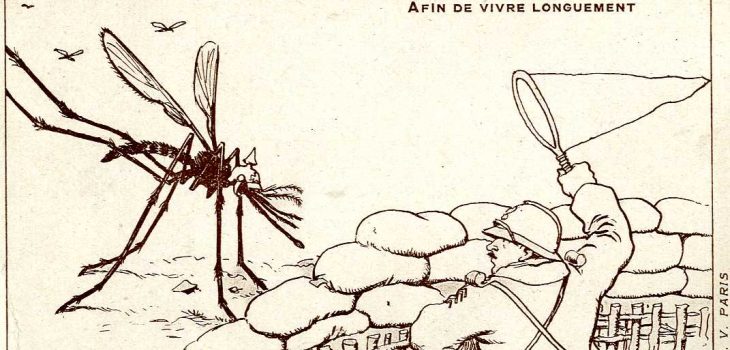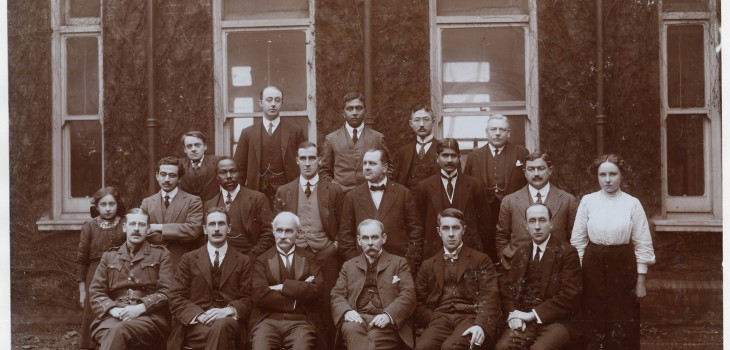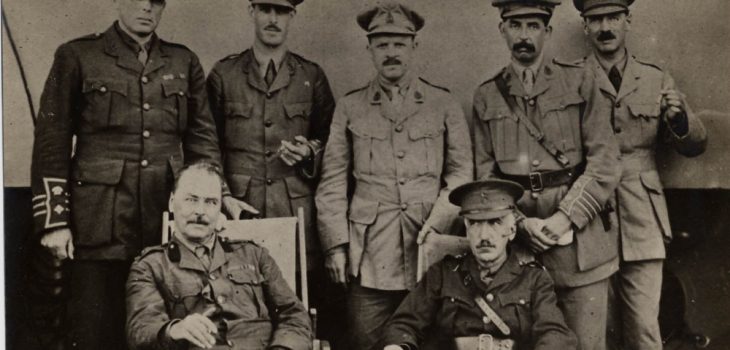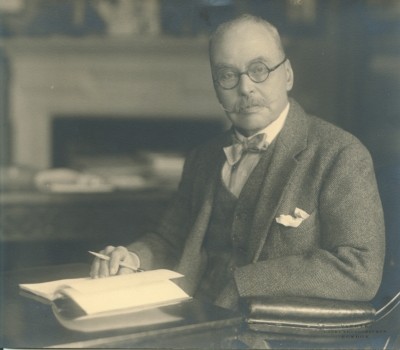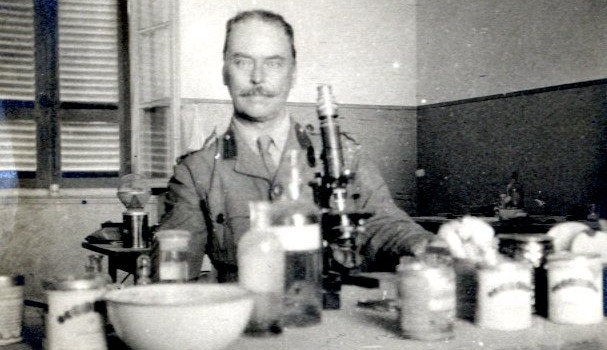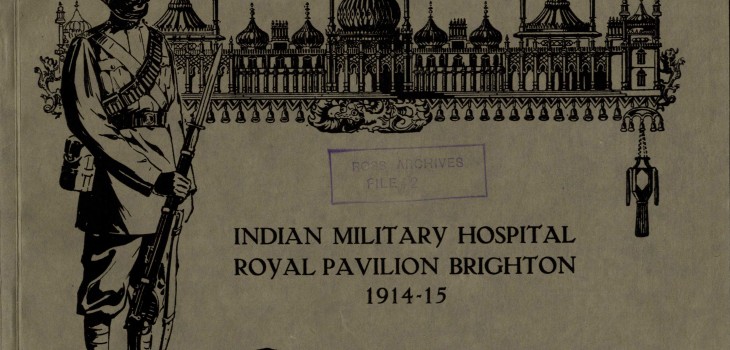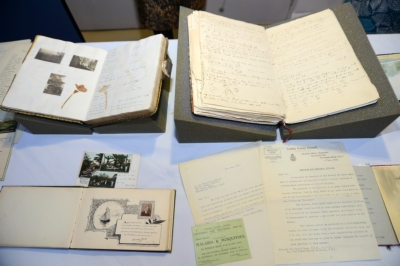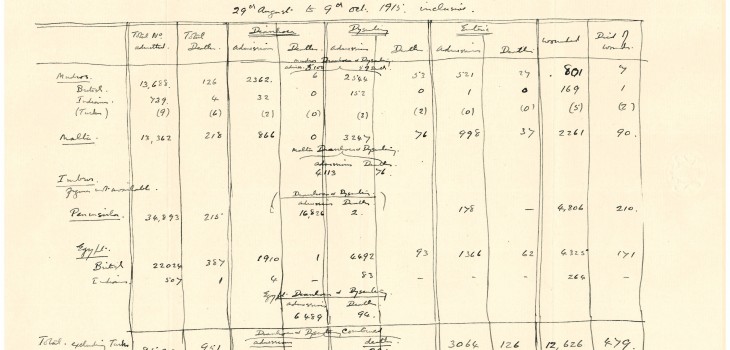Today is World Malaria Day, to mark this day the Archives service will be posting blogs that look at malaria from its collections.
The LSHTM Archives Service holds the records of Sir Ronald Ross, discoverer of the mosquito transmission of malaria and the first Briton to be awarded the Nobel…






